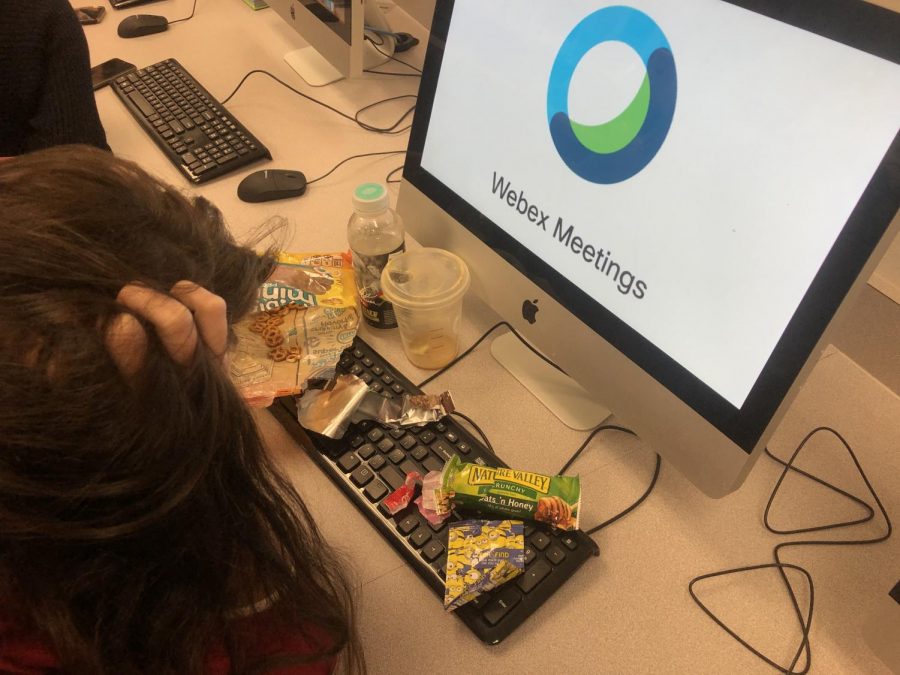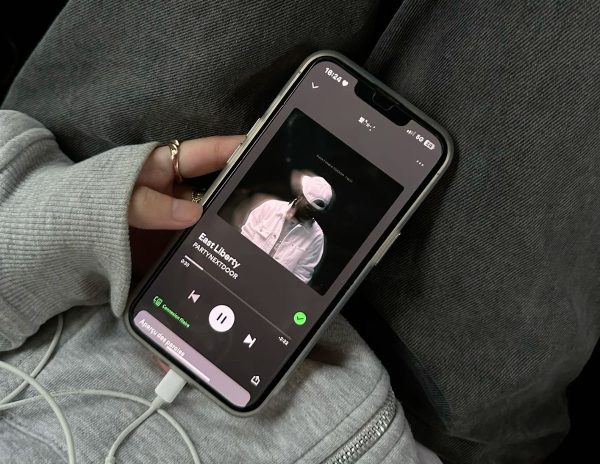Online Learning Encourages Eating Disorders
When most people think of children missing their necessary nutrients, they think of the 3rd world. Unfortunately, Lake Mary is becoming a hotspot for nutrient deficiency. Many students are choosing to go virtual, which is having more of an effect on dietary health then school officials and parents realize.
“On Tuesday I had two venti lattes and a monster. My dad wasn’t home, so I just skipped dinner”, said a current junior here at LMHS. This student is under “hybrid learning”, meaning they attend a mix of virtual and on-campus classes. Without the designated time and school provided lunch, they simply skip the meal. This isn’t uncommon, with many students choosing to spend their limited time away from schoolwork for more leisurely pursuits instead of cooking an adequate meal. For some this could be a temporary thing: missing meals until they figure their schedule out. However these young and malleable students could be instilling detrimental eating habits that could develop into serious eating disorders later on.
However this growing issue has some simple solutions. One of which could be more parental involvement. If family meals were normalized, then young people would be sure to get at least a hearty dinner. This isn’t possible for every family though. Another option could be to simply educate students on the importance of what they eat. Many adolescents are unaware of the effects of skipping meals. If schools taught the importance of meals, and even sent out easy and nutritious meal ideas, students could have a chance to try and improve their diet. Without any action, students could spiral into an unhealthy lifestyle.








